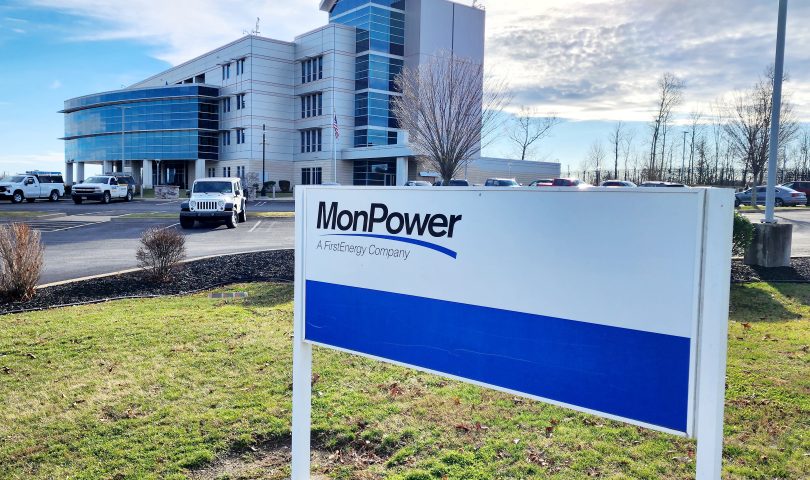MORGANTOWN – Mon Power and Potomac Edison have reached a settlement with the various parties involved in the companies’ proposal to the Public Service Commission to reduce the net-metering rate for customers who generate some or all of their own power through solar panels.
The net-metering question was part of an overall rate-increase case before the PSC, and the parties announced a settlement regarding all other aspects of the case on Jan. 23. This issue remained for negotiation and the settlement was released on Friday.
Net-metering customers receive credits on their bill for any power they generate in excess of what they use. Currently, the companies provide a full 1-to-1 credit, meaning energy given to the utility is worth the same as energy bought from the utility – estimated at somewhere between the current 11.4 cents per kilowatt hour (kWh) and 13 cents as the companies’ several rate cases reached their respective conclusions.
The companies proposed to change that to base credits on the wholesale rate for electricity, which the filings calculate at 6.6 cents per kWh – roughly half of the 13 cents per kWh. This would take effect for new net-metering customers joining after March 27, 2024.
Their stated reason was to avoid cross-subsidization, in which regular customers footed part of the bill for the net-metering customers. The proposal generated about 1,400 letters of protest – an exact figure wasn’t available on Friday.
PSC staff previously agreed that cross-subsidization was an issue but proposed a middle ground: 8.8 cents per kWh.
The settlement parties included PSC staff, the PSC’s Consumer Advocate Division, West Virginia Citizen Action Group, Solar United Neighbors, Energy Efficient West Virginia, and Solar Holler, the state’s largest solar development, design, finance, and construction firm.
The settlement proposes three credit rates depending on customer class: 9.34 cents for most classes, including residential, churches, schools and general service; 9.15 cents for large general service; and 8.91 cents for large power service and alternative generation.
The rate becomes effective March 27, the same date as the other rate case issues, but current net-metering customers are grandfathered in for 25 years. Customers applying for net metering on or after Jan. 1, 2025, will be subject to the new rates.
The new rates will be in effect for two years. Rates for calendar year 2027 will be negotiated in the companies’ 2026 expended net energy cost (ENEC) case. Future credit rate changes may not change by more than 10% year-to-year.
The settlement allows the companies to conduct a cost-benefit analysis for discussion in their next base rate case.
The companies commented on the settlement in a press release. “The agreement helps ensure that new net energy metering customers pay a portion of the fixed costs related to the distribution, transmission and capacity facilities they use.”
Leah Barbor, Solar United Neighbors state director, told The Dominion Post, “While we continue to believe that the retail rate is fairest for residential solar customers to receive as a credit, we think that this is a fair settlement between the interests in this case. There are some important protections for current customers and clear guidelines to ensure solar will continue to work going forward.”
Email: dbeard@dominionpost.com




